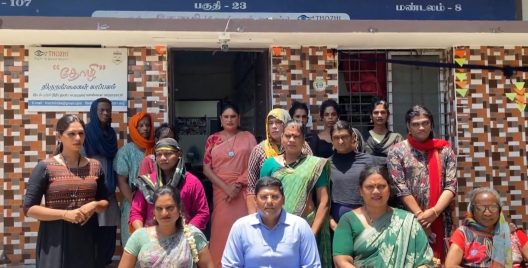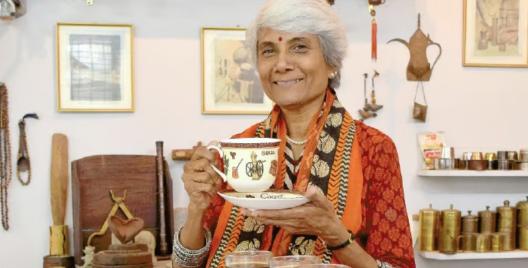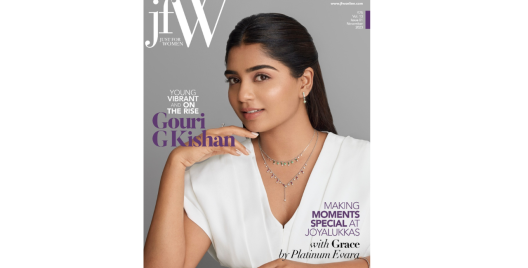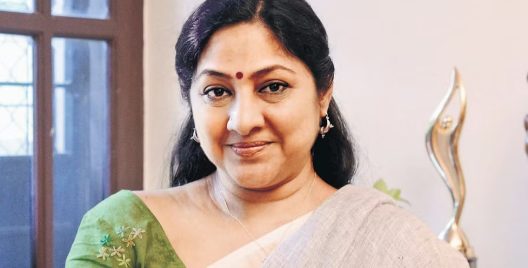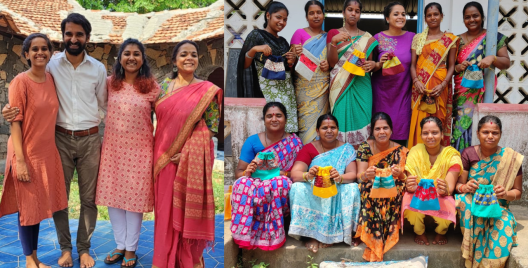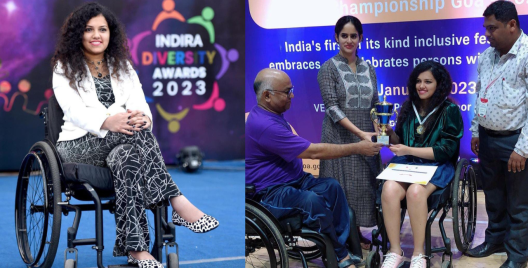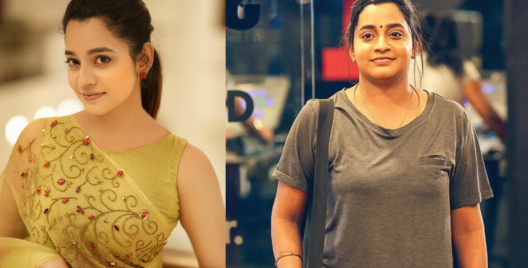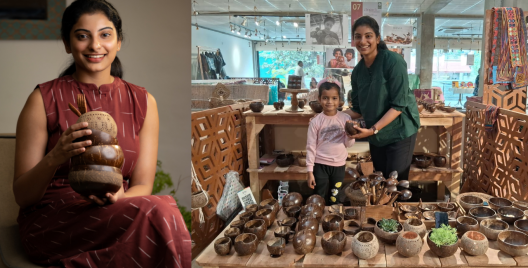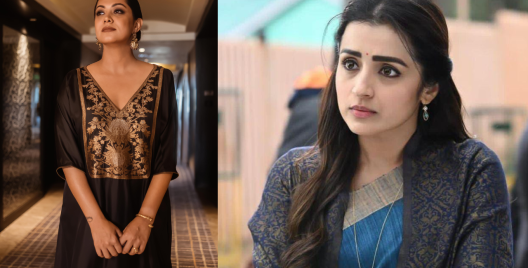Swati Jagdish, Maya’s Amma- as she’s fondly known on social media, is one account we all must follow. The conversation about boundaries with kids, preventing physical abuse, communication between a parent and child, sex-ed- she openly talks about it all. It all started when she began sharing her interactions with her daughter on social media. They were real, unfiltered and relatable. The videos went viral and she came to be known as ‘Mayas Amma’. Communication is key in any relationship, whether it’s husband or wife, parent and child, it forms the crux of the bond. It’s essential to teach kids about boundaries and consent to empower them and prevent any form of abuse. Kids are the future, giving them the right tools to make the world a safer, brighter place to live in is our responsibility.
When do we talk to kids about boundaries? How to explain physical abuse to them?
Boundary education starts as early as 6 months old. When you start feeding babies solids, their stomach gets full and they let you know by saying No. That’s the child following its body boundaries. Children are very aware of their boundaries, it’s the parents who need to understand and respect it. So, boundaries are not only a sexual concept. For example, if a guest comes home and a toddler is painting something, they clearly don’t show any interest in interacting with them. But parents force them to talk because they are afraid their child will seem rude and socially awkward. We end up violating the child’s boundaries by asking them to do things that they aren’t comfortable with. It’s parents that need to be educated about a child’s boundaries. We need to make the child understand that their safety and comfort are of prime importance, and they all have the right to move away from people that make h them feel unsafe, they will prevent physical abuse from happening. Create an environment where the child feels comfortable with the parent to communicate.
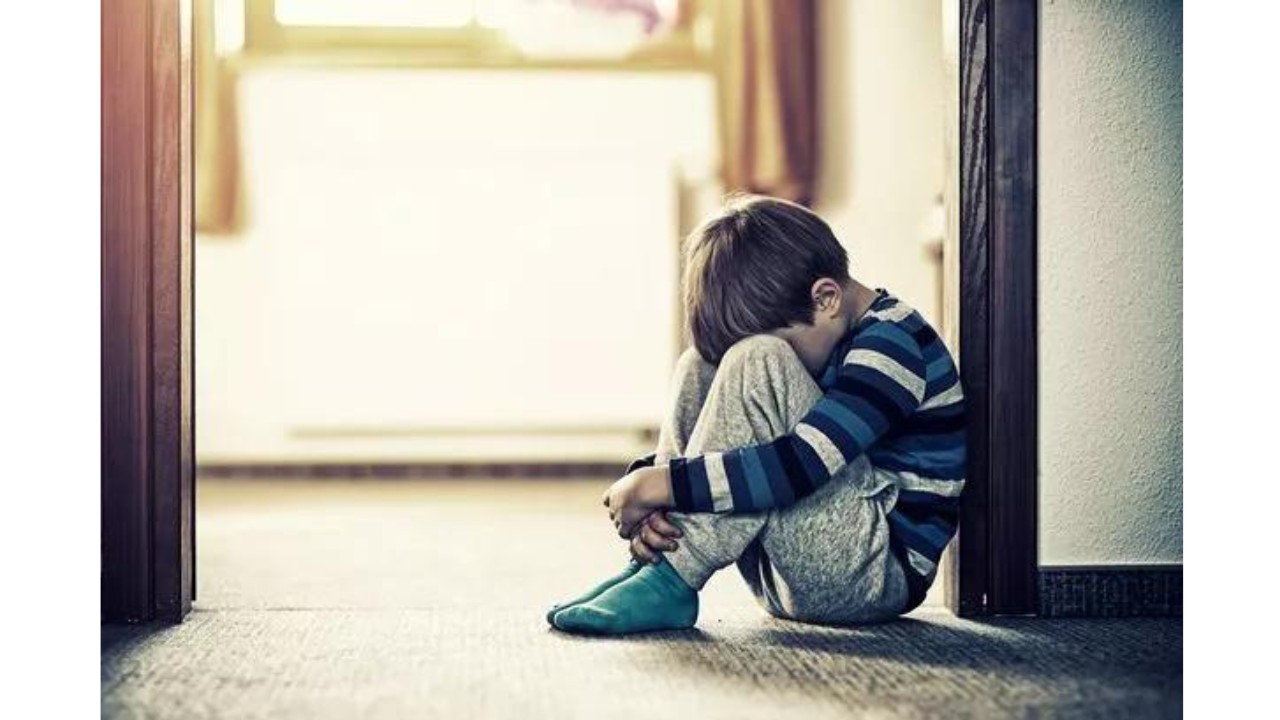
How to answer the “Where do babies come from” to a child?
Children as young as 3 years old ask this question, it’s an existential question. There is no shortcut to this. So the first and foremost thing is to name the body parts as they are. Just like you tell them where their eyes, and nose are, tell them about the penis and vulva. Once parents take this very important step of naming the private parts as they are, the conversation begins and you can talk about anything.
What’s the right age to talk to kids about consent, sex, and STDs?
Consent is a concept that doesn’t have an age limit. The earlier the conversation happens, the better because young kids aren’t awkward about these things, they have no preconceived notions. It’s like giving them information on a clean state. The concept of lovemaking should be brought up, age-appropriately but matter-of-factly. The kids are watching tv, they have access to the internet, and it’s best to address the questions rather than dodge them. A 7 or 8-year-old who gets all the information from their parents grows up with a healthy view of intimacy. At this age, the conversation about boundaries, and consent is important because they are going through a lot growing up, it could be bullying, body insecurity etc. Talk about STDs, and sexual health can happen during their teenage years, but totally up to the parent’s discretion.
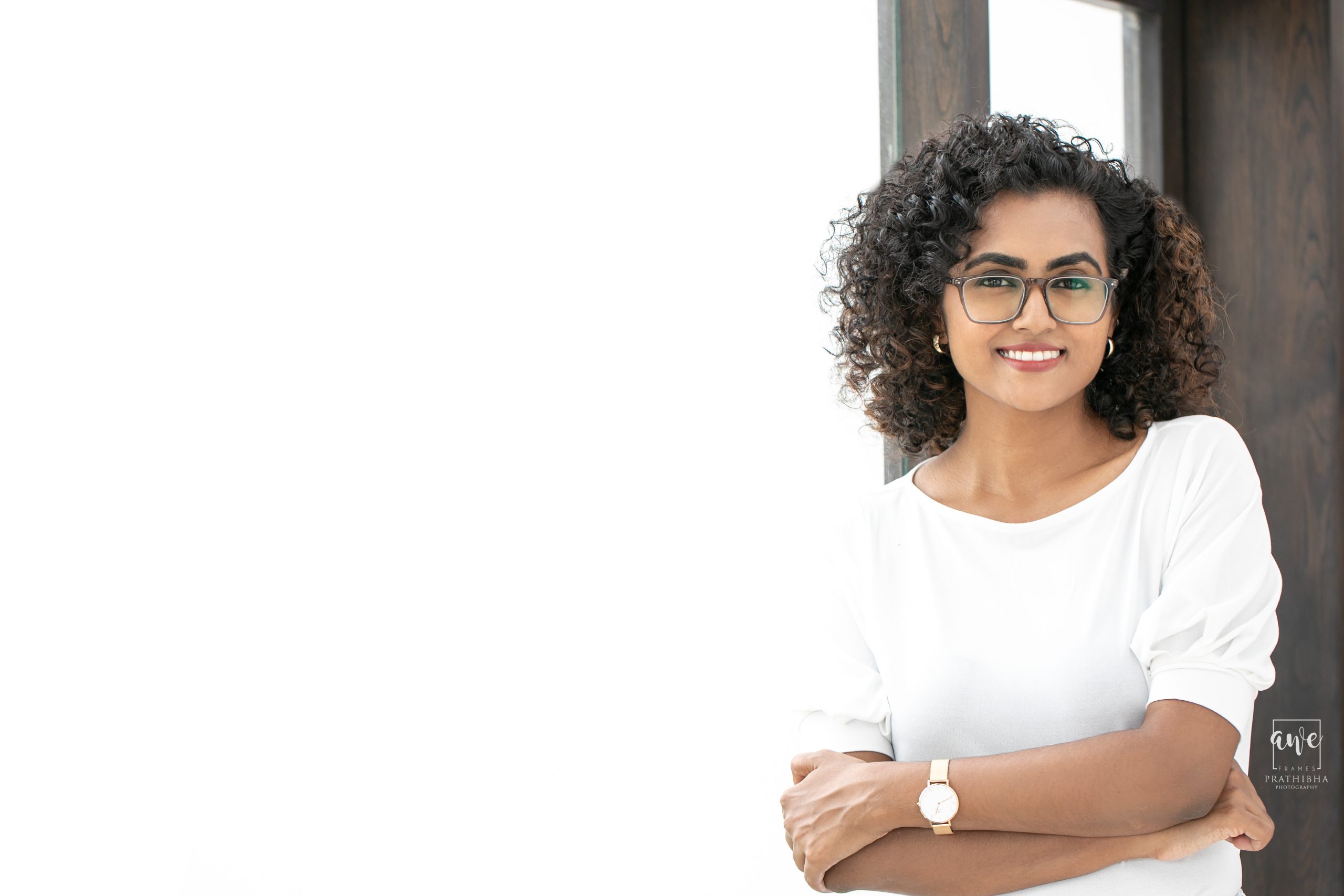
We weren’t given the sex talk by our parents but we certainly want to talk to our kids about safe sex, sexual health, and sex positivity. How do we approach that?
We as a generation know how the internet is ruining relationships, people’s sex lives, sexual health etc. The damage that is being done is evident to us and that’s why we want to unlearn a lot of things. We want to undo a lot of harm that was done to us. We as a generation are called the ‘cycle-breaking’ generation. We are aware of the abuse that was done to us, the trauma that’s inside us. We want to do things differently with our children. Not only about sex, but we want to talk about emotions, relationships and insecurities. When you share your feelings with them in a healthy way, they too will come and confide in you. It’s an open channel of communication at home that helps them deal with stuff outside the home.
I wish to tell everybody, as a parent, as an adult, how much do we know? How much have we imbibed in terms of information or value systems? That will affect the way we impart knowledge to our children. A lot of mothers ask me how to approach the topic of periods, and when I dig deeper, I realise that these women have deep-rooted stigma inside themselves. There is a lot of internalised misogyny in them, they feel they are impure, unfit during periods. So that’s when a parent needs to read and educate themselves on how to unlearn these.





